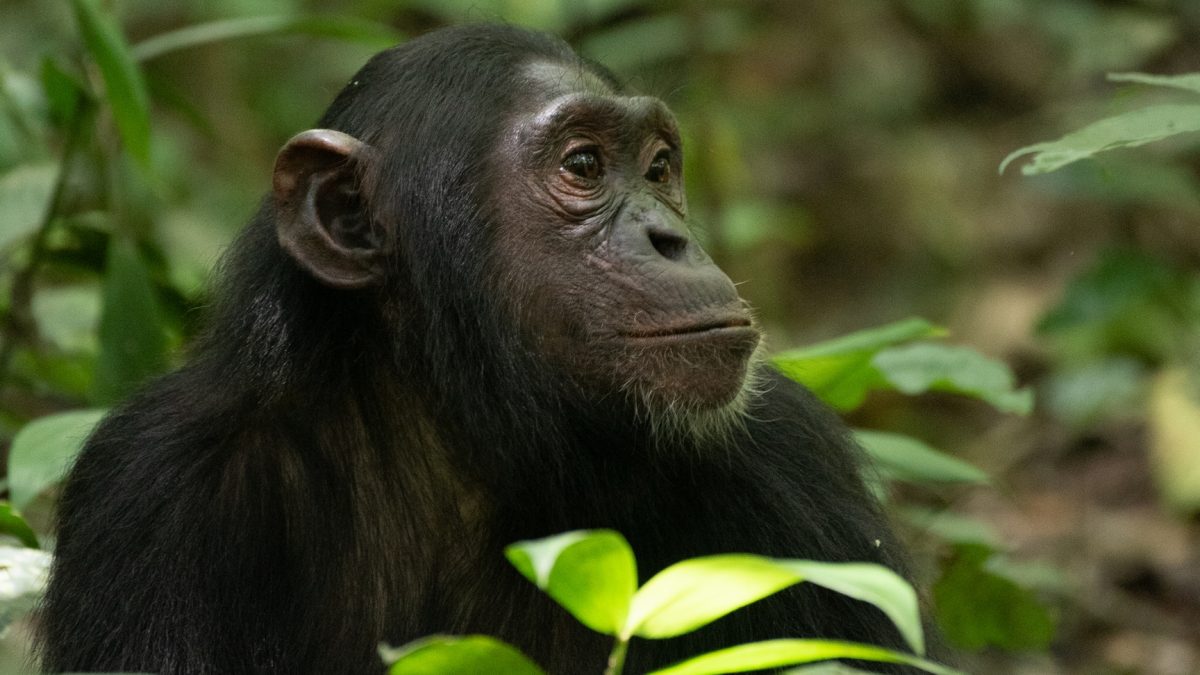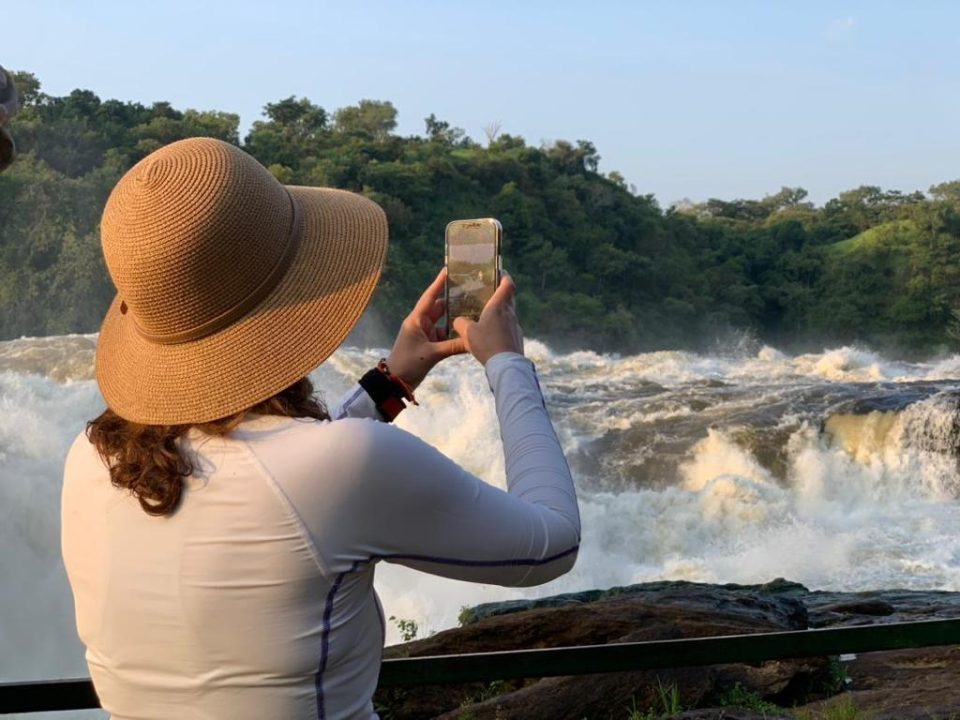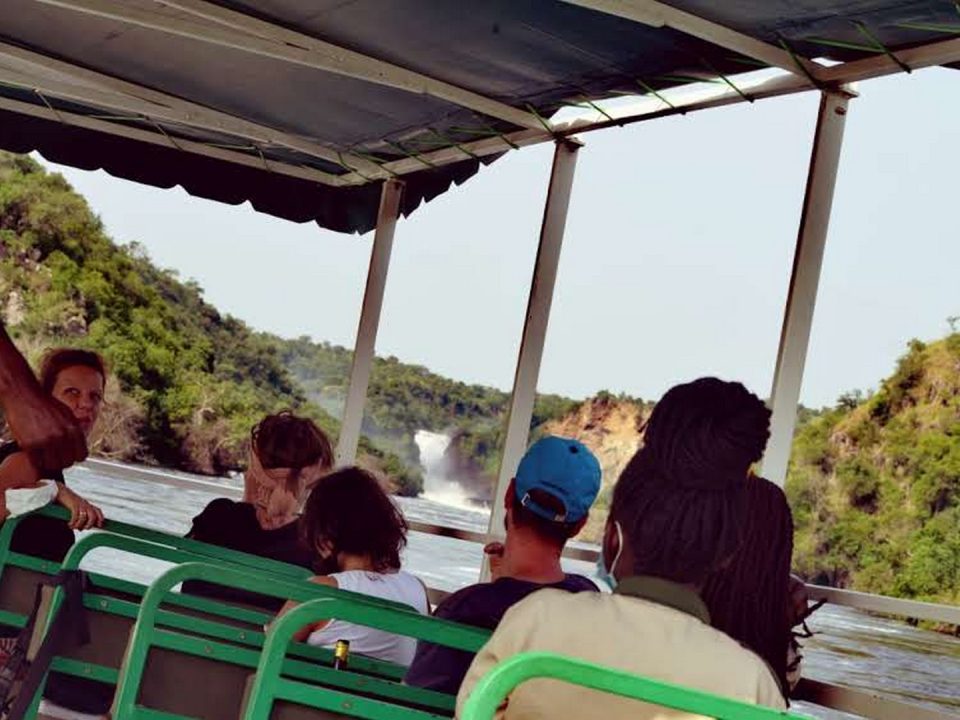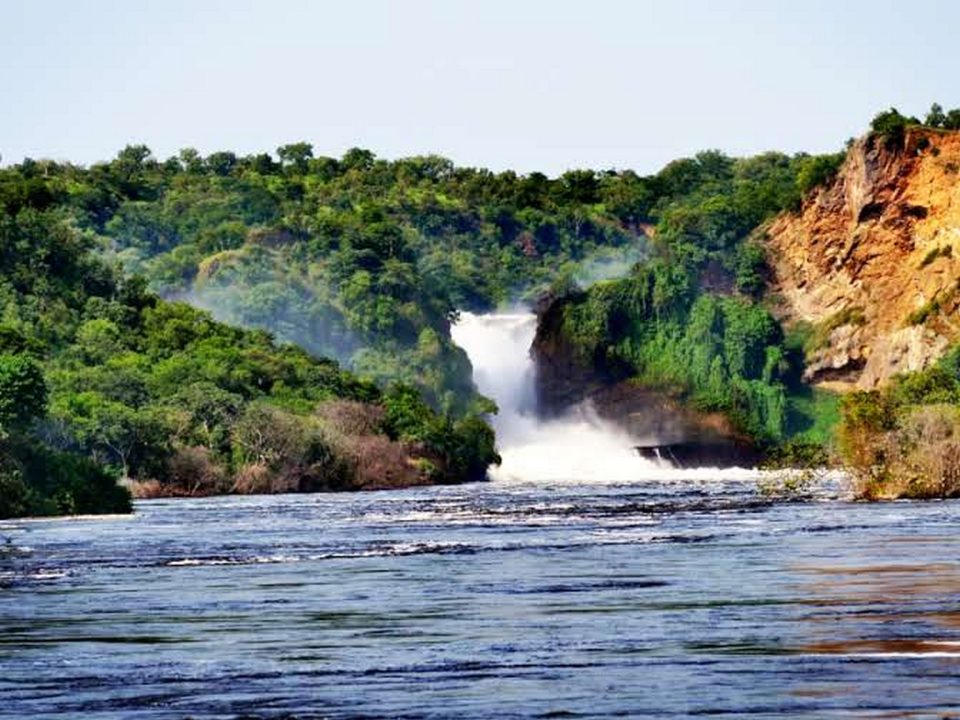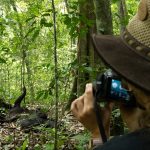
Can I Book a Guided Chimpanzee Tracking Tour in Rwanda?
March 25, 2025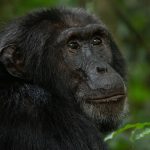
What Types of Primates Can I See in Murchison Falls National Park?
March 25, 2025What Are the Conservation Efforts for Chimpanzees in Rwanda?
What Are the Conservation Efforts for Chimpanzees in Rwanda? Rwanda is known for its strong commitment to wildlife conservation, especially concerning the preservation of its rare and endangered species. Among the remarkable creatures that call Rwanda home, chimpanzees are a highlight. As one of the most intelligent and socially complex species on the planet, chimpanzees play a vital role in the ecological balance of the forests they inhabit.
However, due to habitat loss, poaching, and human-wildlife conflict, chimpanzee populations in Rwanda have faced significant challenges over the years. The government of Rwanda, alongside local and international organizations, has made impressive strides in chimpanzee conservation. In this article, we will explore the various conservation efforts in place to protect Rwanda’s chimpanzee population and how these initiatives ensure the future of this incredible species.
Exceptional Uganda Safari holidays to Murchison Falls National Park
- 6 Days Uganda Adventure Tour
- 6 Days Uganda Safari
- 7 Days Uganda Safari
- 7 Days Uganda Tour
- 8 Days Uganda Safari
- 8 Days Uganda Tour
- 9 Days Uganda Safari
- 9 Days Uganda Tour
- 9 Days Uganda Wildlife Tour
- 15 Days Uganda Cycling Tour
- 15 Days Best of Uganda Safari
- 15 Days Ultimate Uganda Safari
- 21 Days Around Uganda Safari
- 21 Days Uganda Safari
- 3 Days Bwindi Gorilla Trekking
- 4 Days Uganda Safari
- 4 Days Gorilla Trekking Safari
- 4 Days Uganda Luxury Safari
- 4 Days Double Gorilla Trekking
- 5 Days Uganda Tour
- 5 Days Uganda Safari
The Importance of Chimpanzees to Rwanda’s Ecosystem
Before diving into the conservation efforts, it’s important to understand the significance of chimpanzees in Rwanda’s ecosystem. Chimpanzees, Pan troglodytes, are one of the closest living relatives to humans, sharing over 98% of our DNA. As apex predators in their ecosystem, they play a critical role in maintaining the health of the forest habitat by controlling insect populations and dispersing seeds, which contributes to forest regeneration.
Rwanda is home to a significant chimpanzee population, primarily in Nyungwe National Park, a UNESCO World Heritage Site located in the southwestern part of the country. Nyungwe, with its dense, tropical forest, offers the perfect environment for chimpanzees to thrive. Beyond its ecological importance, chimpanzee conservation in Rwanda has become a cornerstone of the country’s eco-tourism strategy, which brings international attention and funding to conservation efforts.
Key Conservation Efforts for Chimpanzees in Rwanda
Habitat Protection and Restoration
A primary focus of chimpanzee conservation in Rwanda is the protection and restoration of their natural habitat. Nyungwe National Park is a critical area for chimpanzees, and the Rwandan government has placed a great emphasis on safeguarding the park from deforestation and human encroachment.
To ensure the long-term survival of chimpanzees, Rwanda has implemented strict land-use policies and anti-poaching laws that prevent illegal logging and farming in the park. Moreover, the Rwanda Development Board (RDB) works alongside other conservation organizations, including the Wildlife Conservation Society (WCS) and Fauna & Flora International (FFI), to monitor and restore forest corridors that connect fragmented chimpanzee habitats, enabling easier movement and gene flow between populations.
These habitat restoration efforts also include the replanting of native tree species that serve as food and shelter for the chimpanzees. Such initiatives not only benefit chimpanzees but also support the broader biodiversity of the region.
Anti-Poaching and Law Enforcement
One of the most significant threats to chimpanzees is poaching, which can involve hunting for meat, illegal trade, or capturing young chimpanzees for the black market. To combat this, the Rwandan government has implemented a robust anti-poaching strategy, which includes patrolling the park with rangers, setting up surveillance systems, and increasing penalties for poaching offenses.
Park rangers are actively trained in monitoring chimpanzee populations, reporting illegal activities, and deterring potential poachers. Additionally, the presence of eco-tourism, such as chimpanzee trekking in Nyungwe National Park, helps provide economic incentives for local communities to protect wildlife. By involving local communities in the conservation process, Rwanda has reduced the demand for illegal hunting and improved overall law enforcement.
Community Engagement and Education
In Rwanda, chimpanzee conservation efforts are not only focused on direct actions within national parks but also on engaging local communities in sustainable practices. The local populations surrounding Nyungwe National Park are often the first to come into contact with chimpanzees, which means that community involvement is crucial for long-term success.
Conservation organizations and the Rwandan government have implemented community education programs to raise awareness about the importance of chimpanzees and the role they play in the environment. These programs include school outreach, community workshops, and collaborative conservation projects that teach sustainable agricultural practices to local farmers to prevent deforestation and reduce human-wildlife conflict.
By integrating local communities into conservation efforts, these programs have helped create a sense of shared responsibility. When local populations understand the value of preserving chimpanzees and their habitat, they become active participants in conservation rather than contributors to habitat destruction.
Monitoring and Research Programs
Research and monitoring are essential components of chimpanzee conservation. Through research, scientists are able to track the health and behavior of chimpanzee populations, understand their movement patterns, and detect early signs of disease or environmental threats. Rwanda’s national parks, including Nyungwe, have been sites for extensive research on chimpanzee behavior, social structures, and ecological requirements.
The Institute of Research and Conservation (IRC), alongside international institutions like the Max Planck Institute for Evolutionary Anthropology, conducts regular studies on chimpanzee populations. These studies provide critical data for management decisions and help track the effectiveness of ongoing conservation programs.
Camera traps, satellite tracking, and direct observation are used to monitor the chimpanzees’ movements within Nyungwe and surrounding forests. By collecting this data, researchers can provide accurate population estimates, study behavioral trends, and identify new threats to their survival.
Eco-Tourism and Sustainable Income Generation
Eco-tourism plays a pivotal role in chimpanzee conservation efforts in Rwanda. Chimpanzee trekking, along with gorilla trekking, is a major draw for visitors from around the world. This eco-tourism not only provides funds for conservation but also generates sustainable income for local communities, creating economic incentives to protect wildlife.
Tourism activities in Nyungwe National Park, including chimpanzee trekking, are managed by the Rwanda Development Board (RDB), which ensures that tourism operations are conducted in a sustainable manner. The revenue generated from park permits, accommodations, and guided tours goes directly back into conservation efforts. In this way, tourists help fund habitat restoration, anti-poaching initiatives, and community education programs.
Through eco-tourism, Rwanda has created a model in which wildlife conservation and local economic development go hand in hand. The local communities benefit from the employment opportunities created by tourism, and at the same time, the protected areas gain the financial support needed to thrive.
The Role of Deks Safaris & Tours Ltd. in Supporting Conservation Efforts
At Deks Safaris & Tours Ltd., we are committed to promoting responsible tourism and supporting conservation initiatives in Rwanda. As part of our tour packages, we ensure that our clients are educated about the importance of conservation and are encouraged to participate in sustainable tourism practices. We partner with local communities, conservation organizations, and the Rwanda Development Board to ensure that the money generated from tourism benefits both the wildlife and the people of Rwanda.
When you book a chimpanzee trekking tour with us, you are not only experiencing the magic of Rwanda’s natural beauty but also contributing to its ongoing conservation efforts. We work closely with park authorities to ensure that all tours comply with the highest ethical standards, minimizing the impact on the environment and supporting local conservation programs.
Conclusion
Chimpanzee conservation in Rwanda is a multifaceted effort that involves habitat protection, anti-poaching measures, community engagement, research, and eco-tourism. The Rwandan government, along with conservation organizations, has made significant progress in ensuring that chimpanzees continue to thrive in the country’s lush forests. Through sustainable tourism, education, and active monitoring, Rwanda is setting an example for how to protect its natural heritage while also supporting local communities.
By choosing to book a chimpanzee trekking tour with Deks Safaris & Tours Ltd., you are directly contributing to these important conservation efforts, helping to ensure a future for Rwanda’s chimpanzees and the rich biodiversity of the region. Join us for an unforgettable experience that not only brings you closer to nature but also supports the preservation of one of the world’s most incredible species.

